Car ignition coils are a critical component in the modern internal combustion engine, playing a pivotal role in starting the engine and ensuring smooth operation. Despite their small size, these components are essential for the efficient functioning of your vehicle. This article delves into the workings of car ignition coils, their importance, common issues, and maintenance tips.
Ignition coils are an integral part of a vehicle's ignition system. Their primary function is to convert the relatively low voltage from the car's battery into the high voltage needed to create an electric spark in the spark plugs. This spark ignites the air-fuel mixture in the engine cylinders, producing the combustion necessary to power the vehicle.

The operation of an ignition coil is based on the principle of electromagnetic induction. A typical ignition coil consists of two sets of wire windings: the primary winding and the secondary winding. Here’s a simplified breakdown of the process:
Primary Circuit: When the ignition switch is turned on, current flows from the battery through the primary winding of the coil, creating a magnetic field.
Magnetic Field Collapse: When the current flow is interrupted (by the ignition control module or distributor), the magnetic field collapses rapidly.
Voltage Induction: This rapid collapse induces a high voltage in the secondary winding, which is connected to the spark plug.
Spark Generation: The high voltage (ranging from 20,000 to 50,000 volts) jumps across the gap of the spark plug, creating a spark that ignites the air-fuel mixture in the cylinder.
Types of Ignition Coils
Single Coil Systems
In older vehicles, a single ignition coil would serve all the cylinders. A distributor was used to route the high voltage to each spark plug in the correct firing order. While effective, this system had limitations in terms of efficiency and reliability.
Modern vehicles often use coil pack systems, where multiple coils are bundled together. These coil packs can serve multiple cylinders but are more efficient and reliable than single coil systems.
The latest advancement in ignition coil technology is the Coil-on-Plug system. In this setup, each cylinder has its own ignition coil mounted directly on top of the spark plug. This design eliminates the need for spark plug wires, reducing potential points of failure and improving ignition performance.
Ignition coils play a crucial role in the performance and efficiency of the engine. A properly functioning ignition coil ensures that the spark plugs receive the correct voltage, leading to efficient combustion. This, in turn, enhances fuel efficiency, reduces emissions, and improves overall engine performance.
Without ignition coils, the engine cannot start. They provide the necessary spark to ignite the fuel mixture in the cylinders, making them indispensable for the initial ignition and continued operation of the engine.
Faulty ignition coils can lead to several engine problems, including:
Misfires: If the coil fails to deliver the necessary voltage, the spark plug cannot ignite the fuel mixture properly, causing engine misfires.
Hard Starting: Difficulty in starting the vehicle can indicate a failing ignition coil.
Poor Fuel Economy: A faulty coil can lead to incomplete combustion, wasting fuel and reducing efficiency.
Check Engine Light: Modern vehicles will often detect ignition coil issues and trigger the check engine light.
Heat and Vibration: Constant exposure to high temperatures and engine vibrations can wear out the coil’s internal components.
Electrical Overload: Surges in the electrical system can damage the coil windings.
Moisture: Water ingress can cause short circuits within the coil.
Maintenance Tips
Regular Inspection
Regularly inspecting your ignition coils can help detect early signs of wear and tear. Look for cracks, corrosion, or signs of electrical arcing.
Worn spark plugs can put extra strain on the ignition coils. Replacing spark plugs at the recommended intervals can help prolong the life of your ignition coils.
When replacing ignition coils, use high-quality components that meet or exceed OEM specifications. This ensures compatibility and reliability.
Car ignition coils are a vital part of your vehicle’s ignition system, ensuring that your engine starts smoothly and runs efficiently. Understanding their function, recognizing signs of failure, and maintaining them properly can help keep your vehicle in top condition. As automotive technology continues to evolve, ignition coils will likely become even more efficient and integral to vehicle performance.


 English
English Español
Español
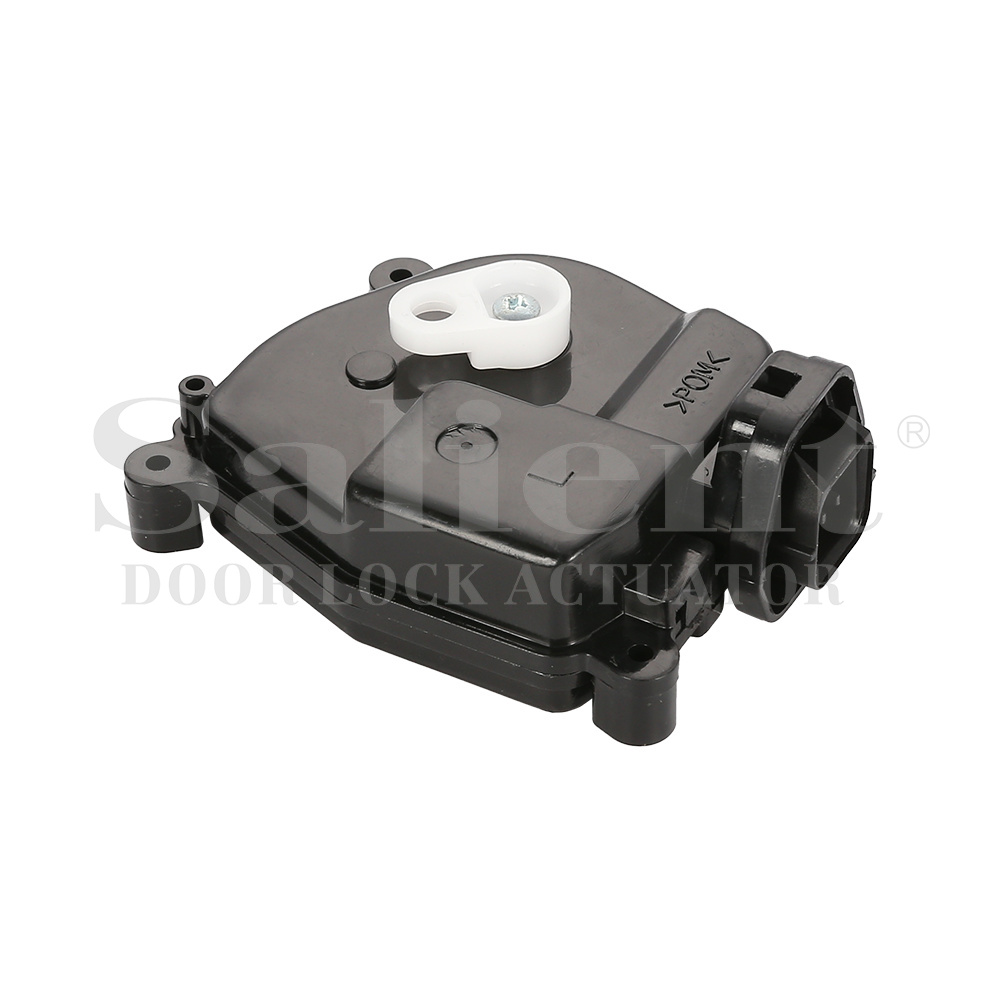
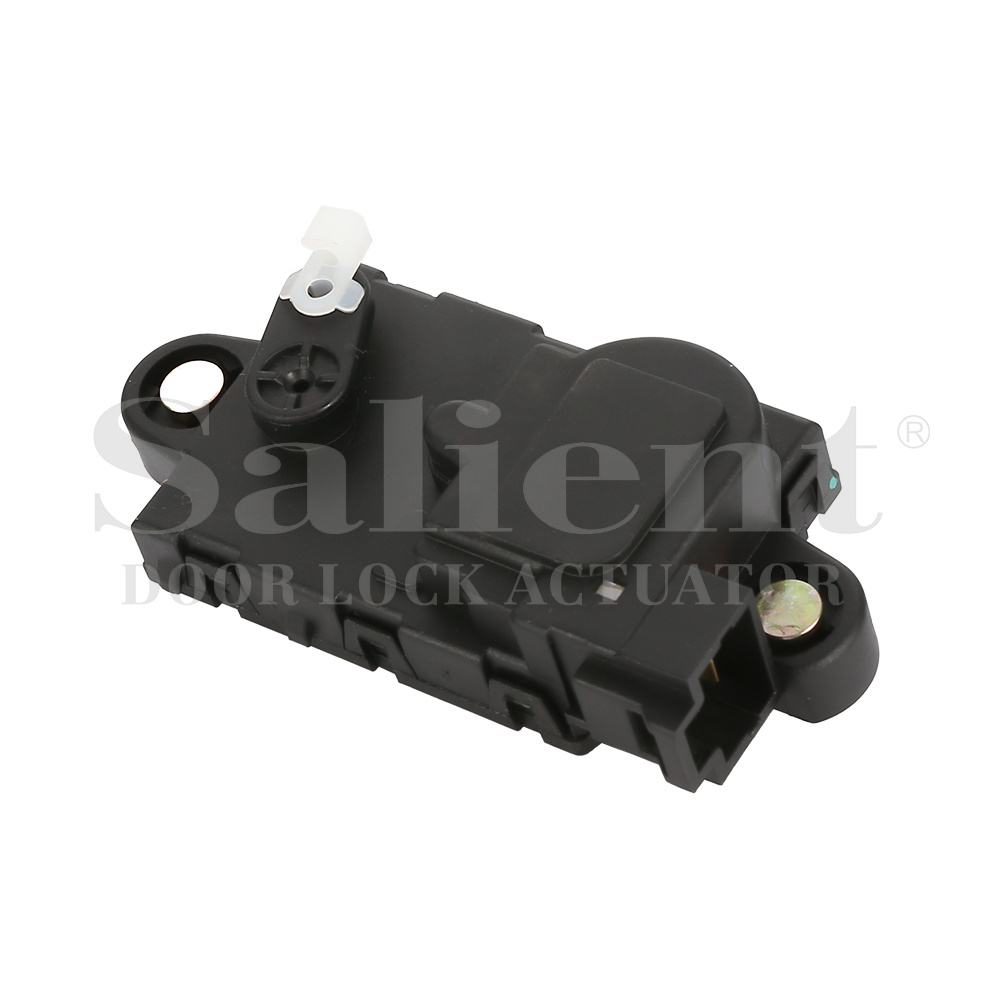
.jpg)
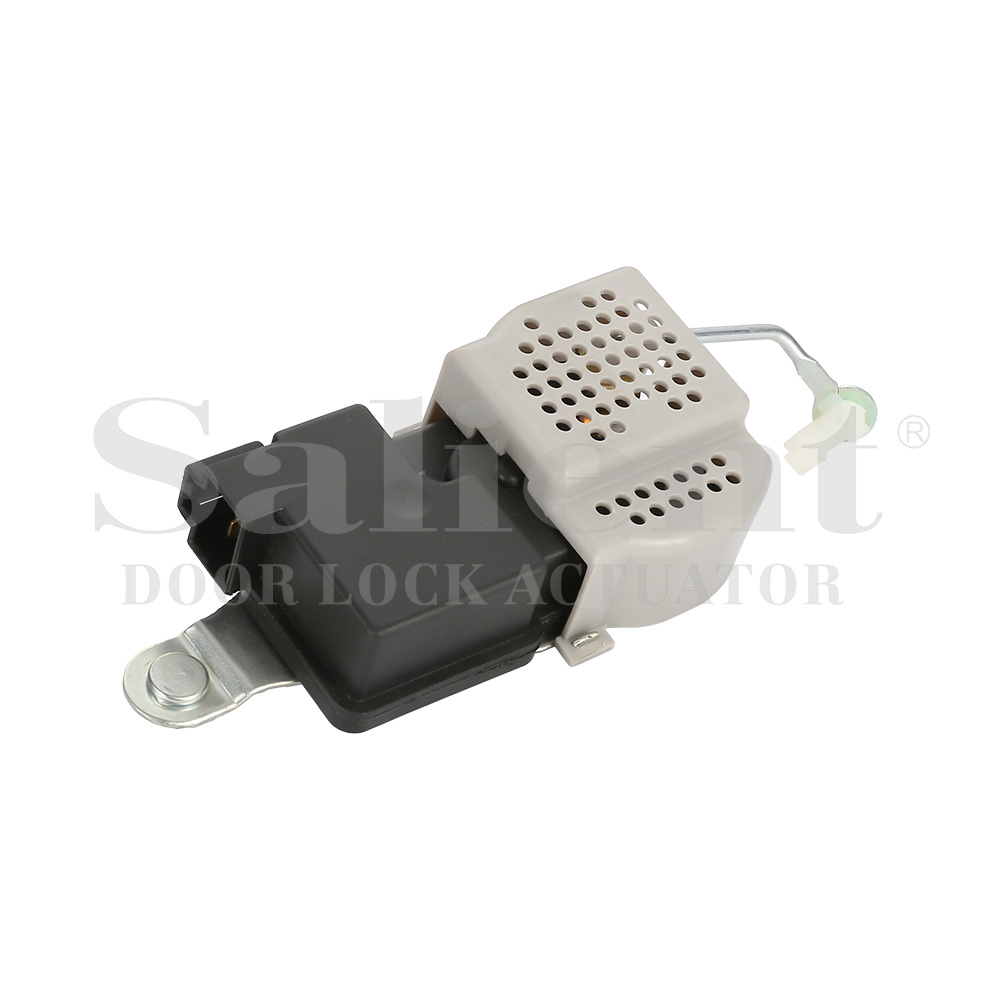
-1.jpg)
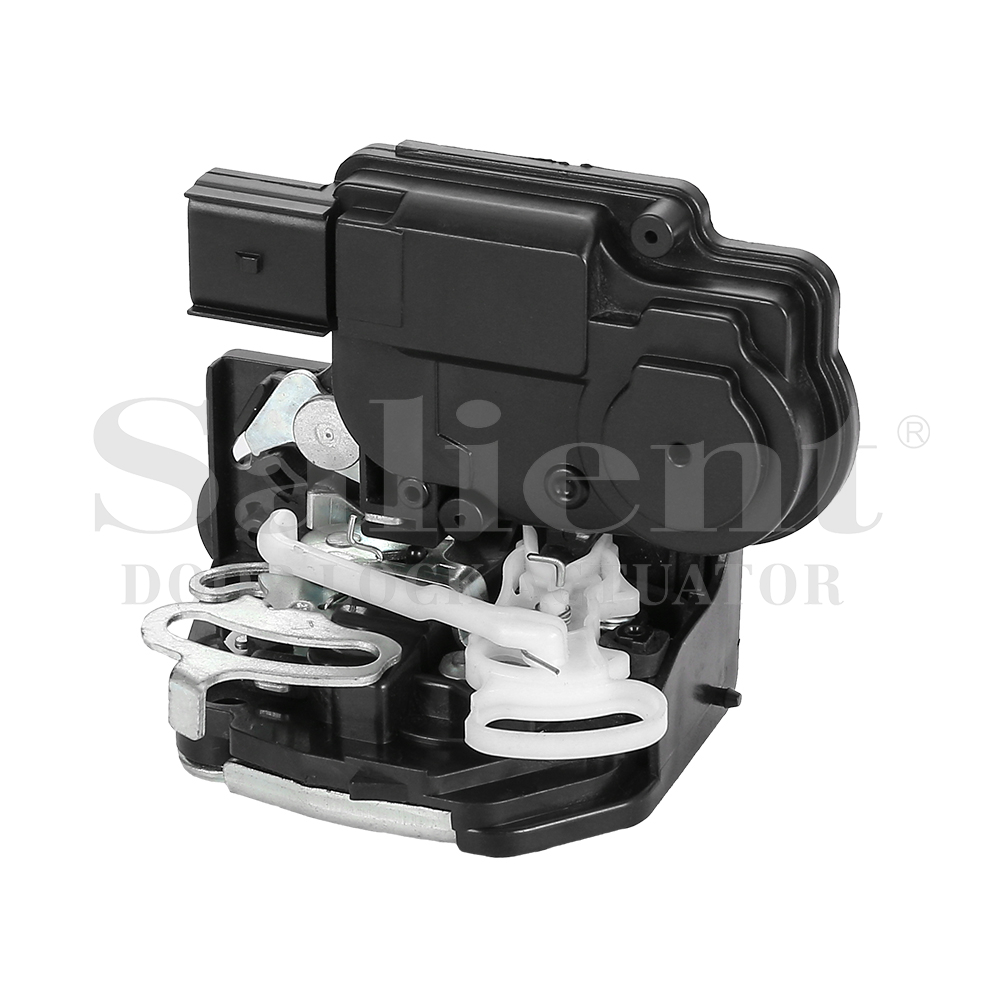
-1.jpg)
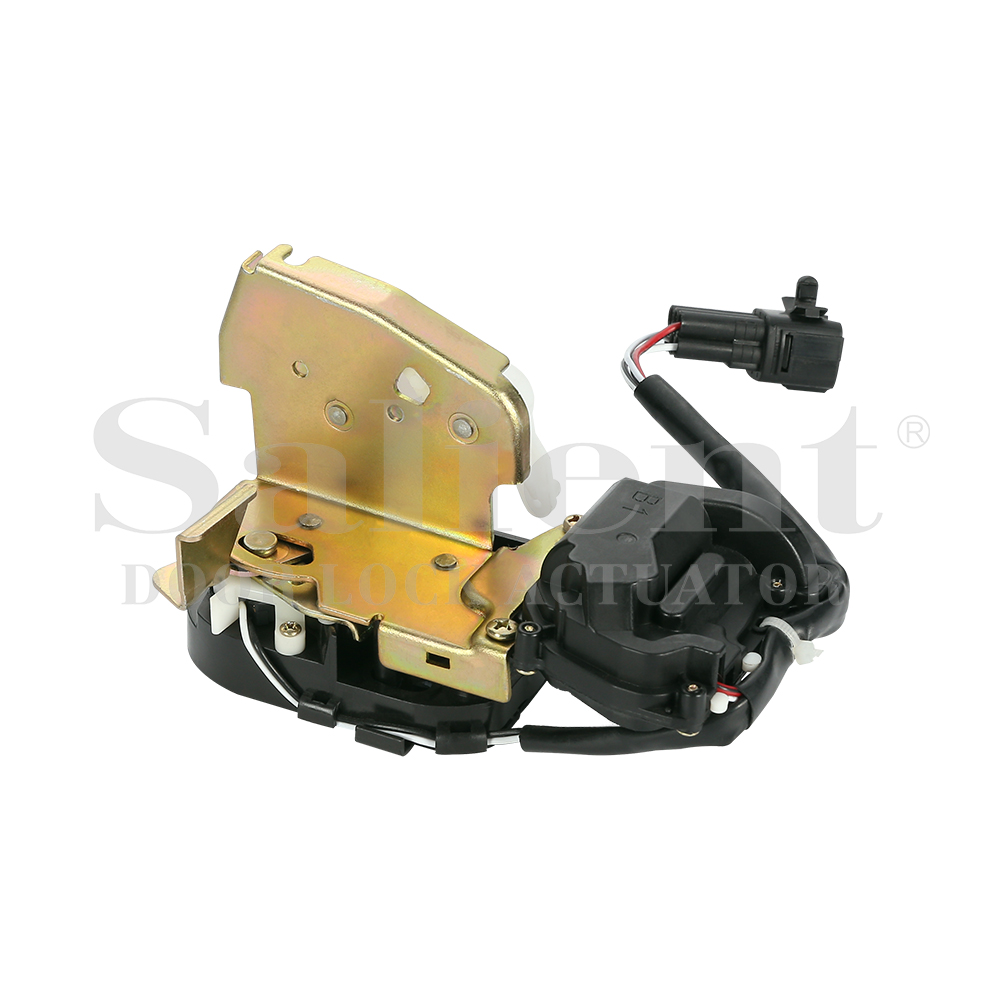
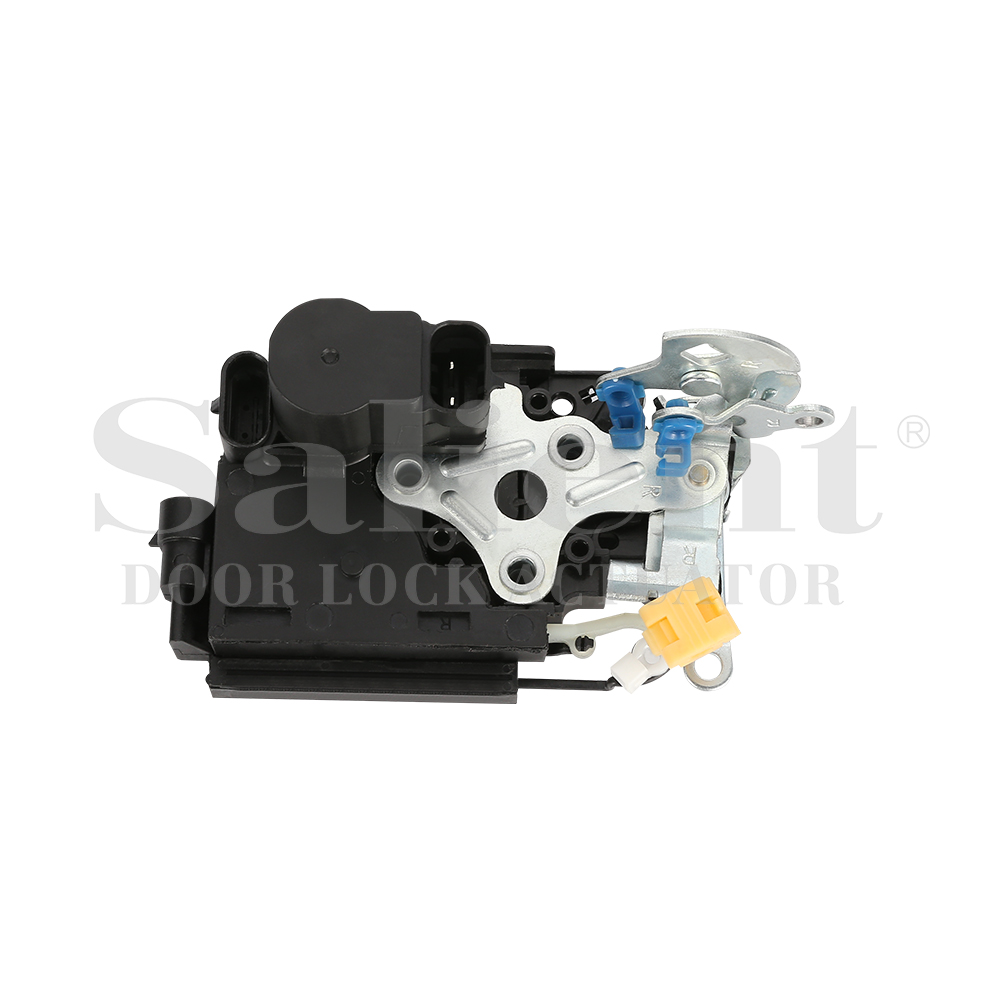
.jpg)
.jpg)
-1.jpg)

